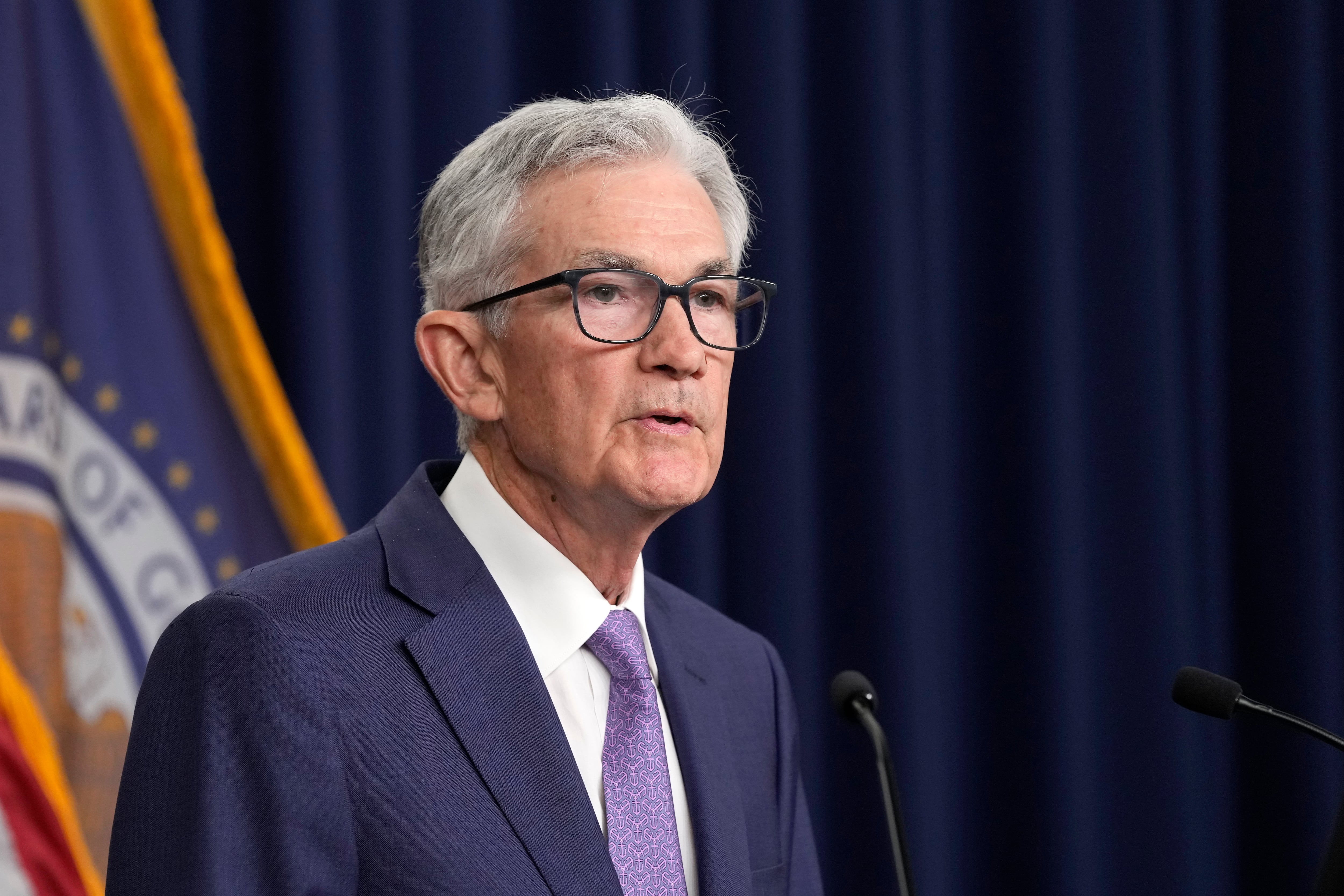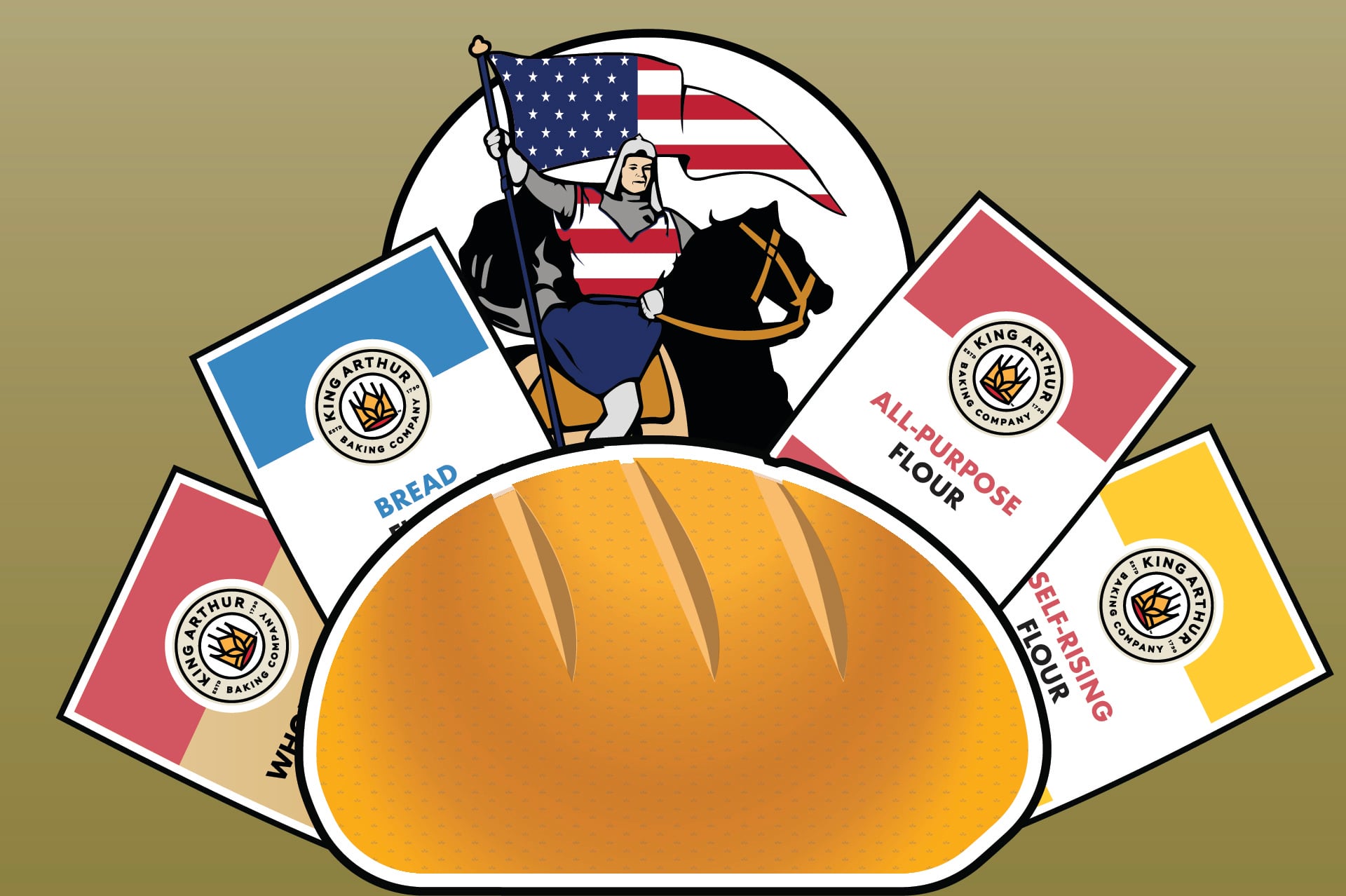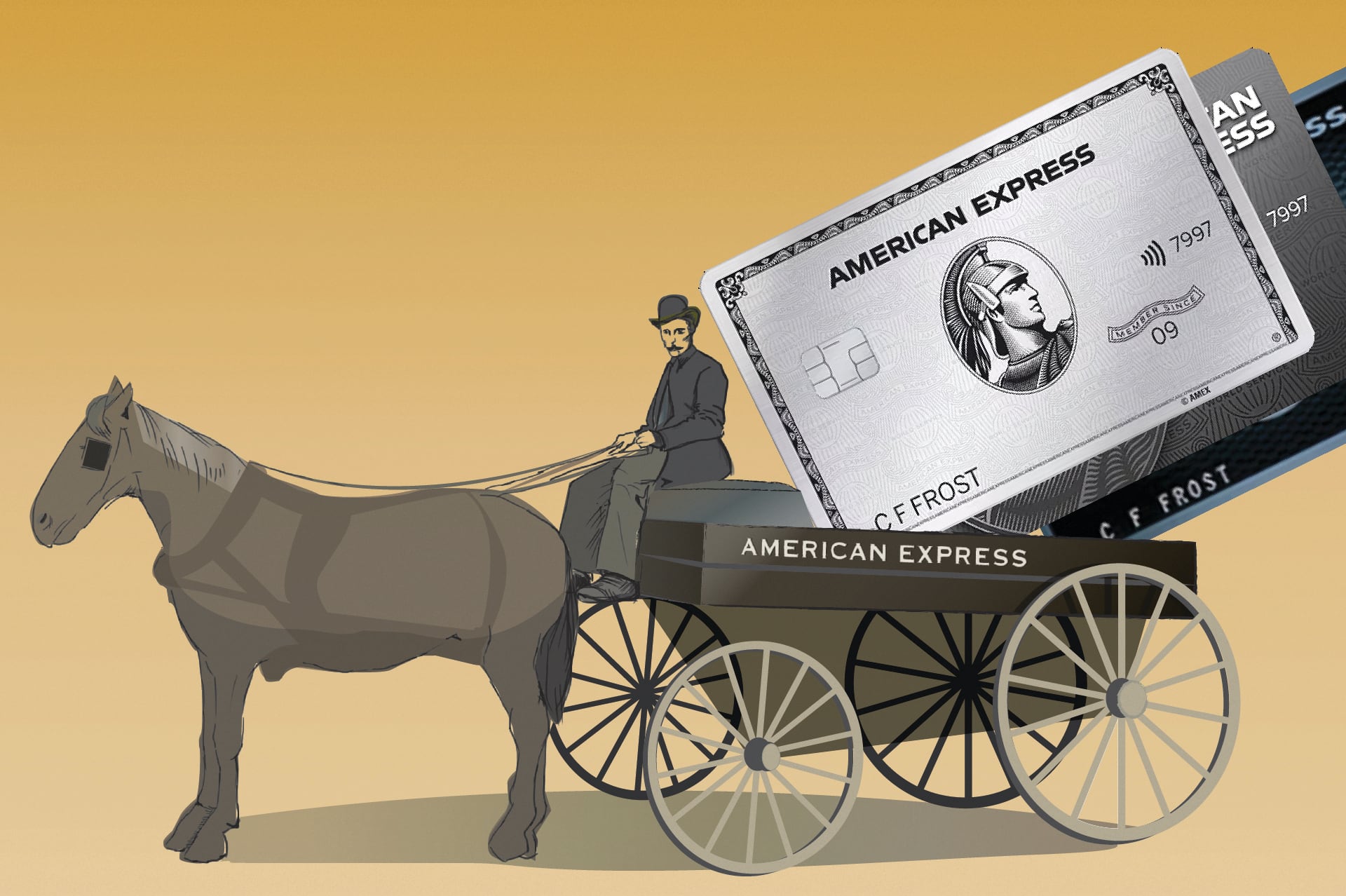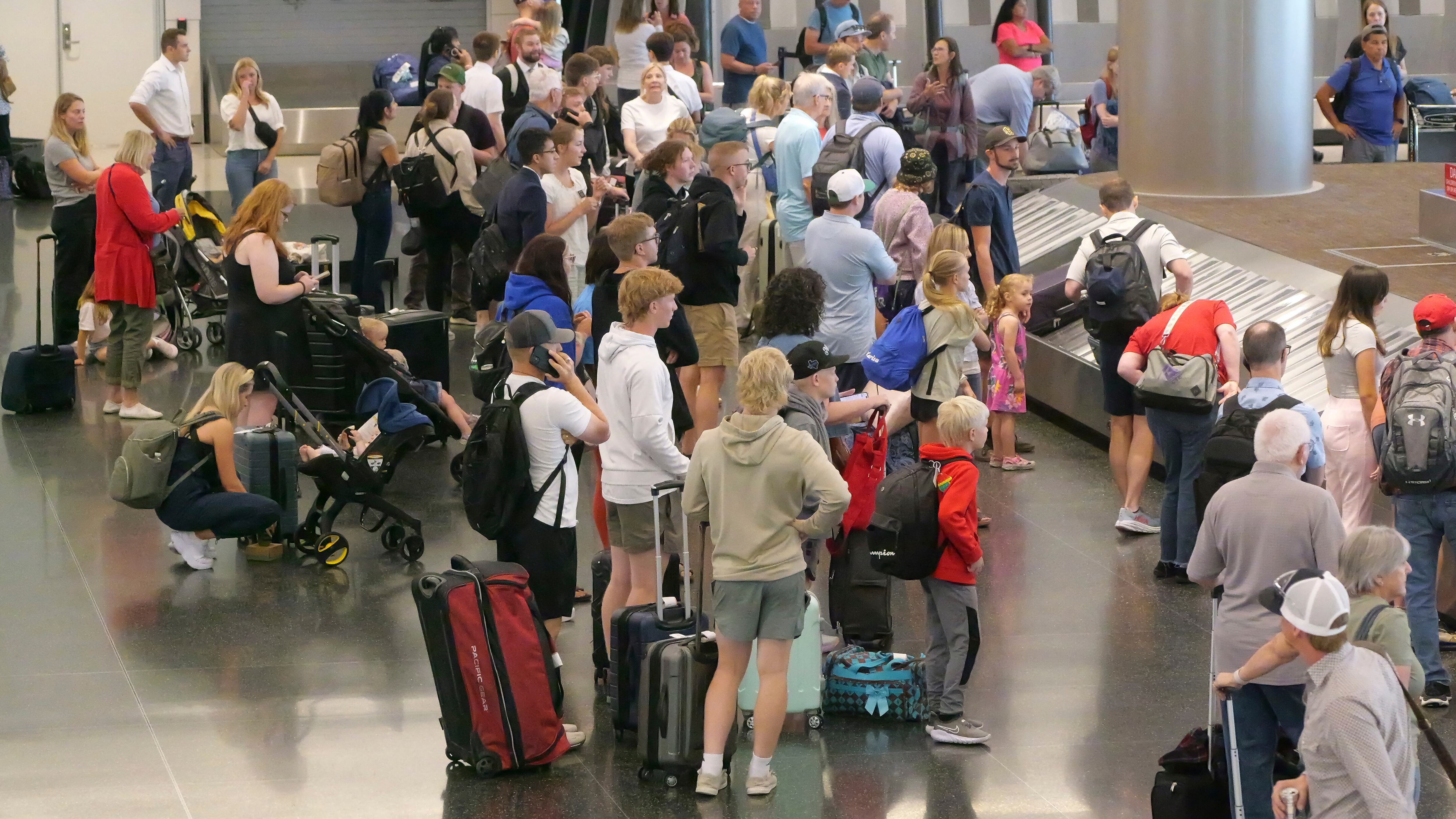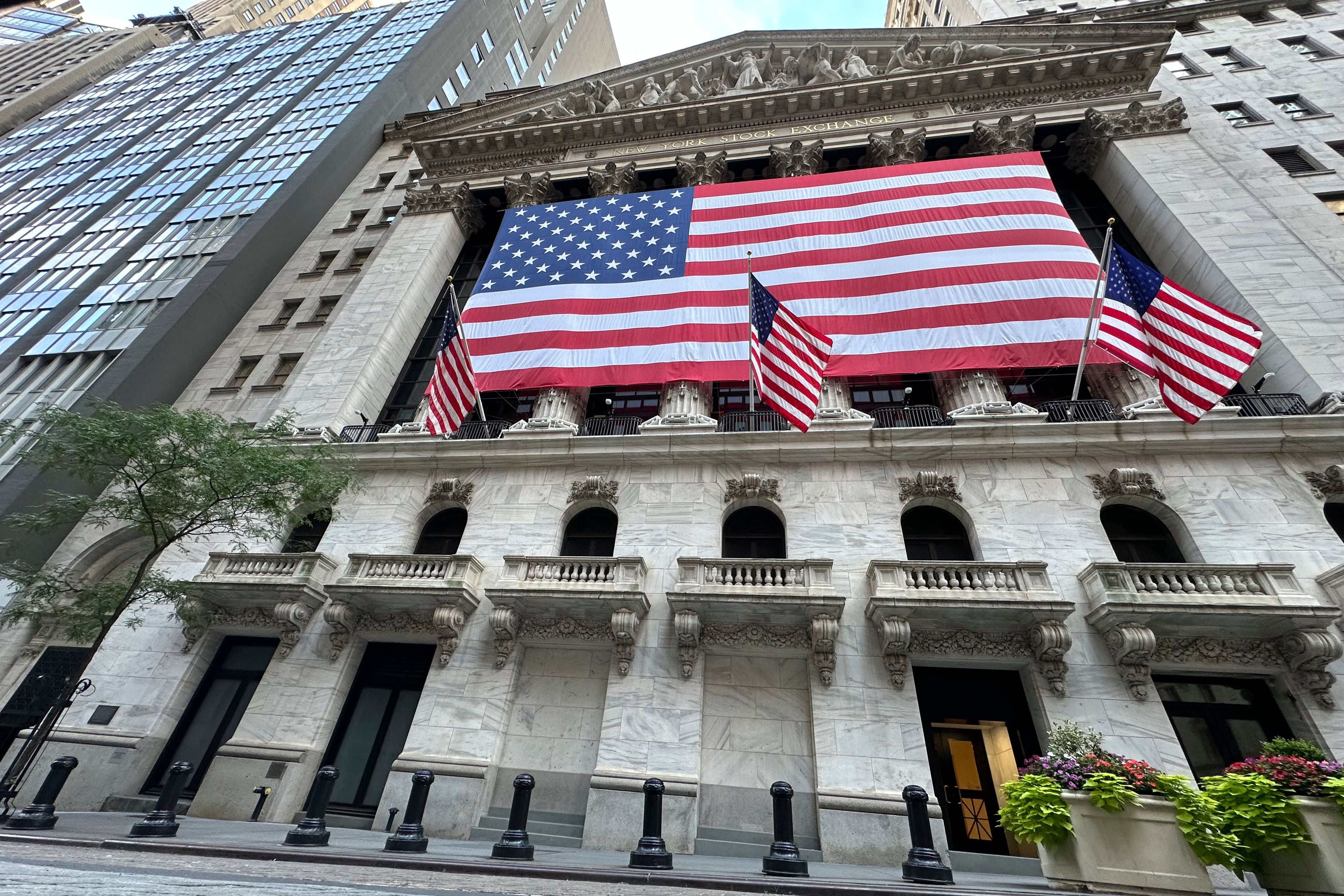As fears of recession loom, the consumer price index up 6.5 percent and inflation at historic highs, funds that Americans saved during the COVID-19 pandemic are nearing depletion.
During the height of the pandemic, Americans were able to save more than $2.7 trillion as businesses shuttered. Investment bank Goldman Sachs estimated that 35 percent of COVID-19 relief funds have already been spent and by the end of 2023, that number will be up to 65 percent.
Lower income households have seen their savings diminish first. Folks that make under $50,000 annually saw their savings slashed by 36 percent compared to people who make between $100,000 and 15,000 who lost just 14 percent of their savings.
The use of credit has surged during this time as well, pushing the credit card debt to a new record of more than $930 billion at the end of 2022. It's a jump of 18 percent from the previous year.
Meanwhile, Treasury Secretary Janet Yellen rejected concerns that the U.S. isn't headed for a recession and believes that inflation can be eased.
"You don't have a recession when you have 500,000 jobs and the lowest unemployment rate in more than 50 years. What I see is a path in which inflation is declining significantly, and the economy is remaining strong," she said in an interview with ABC's Good Morning America.
The Federal Reserve faces a cooling job market as well as persistently high prices, Chair Jerome Powell said in a possible sign of looming rate cuts.
America’s oldest flour company, King Arthur Baking Co., saw a six-fold increase in demand during the pandemic, and baking interest continues to rise.
The surgeon general has said there's a loneliness epidemic in America. For many people, that includes a lack of friendships at work. But there's hope!
The housing market shows few signs of busting out of its three-year funk after a disappointing spring season and amid a gloomy outlook for the summer and f
The entertainment giant Paramount will merge with Skydance, closing out a decades-long run by the Redstone family in Hollywood and injecting cash.
For 30 years Ira Galtman’s job has been to document how American Express went from an express stagecoach company in New York in 1850, to what it is today.
Air travel got more miserable last year, if the number of consumer complaints filed with the U.S. government is any measure.
U.S. ticked toward more records Friday after a highly anticipated report on the job market bolstered Wall Street’s hopes for interest rate cuts.
New tech—from Toyota, Nissan and others—could replace lithium-ion in EVs, ushering in an era of safe, fast-charging batteries and 700-mile ranges.
The future of Paramount, Boeing, and the cost of independence.
